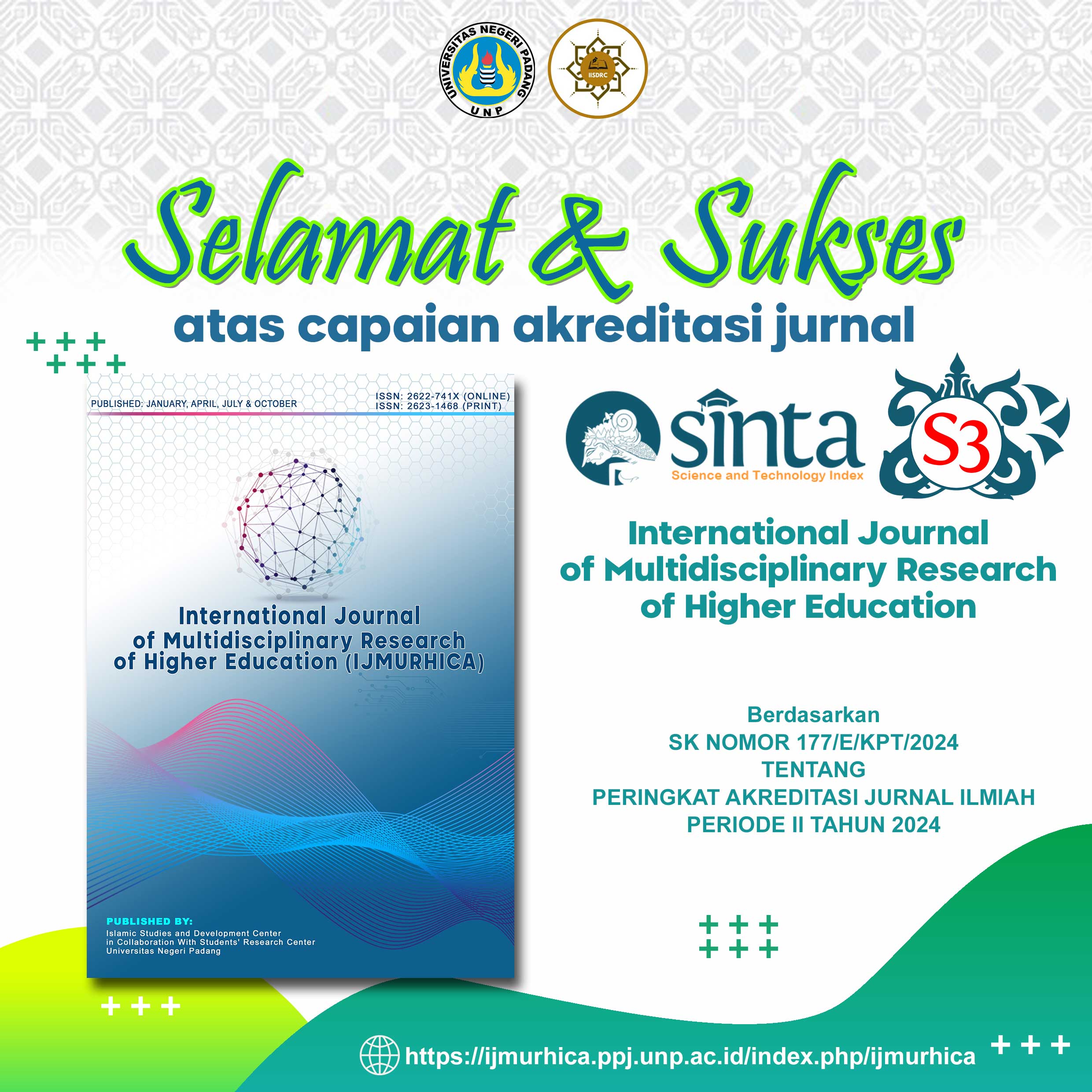Integrating Artificial Intelligence in Malaria Mosquitoes: A Bibliometric Analysis for Species Identification and Automated Detection
DOI:
https://doi.org/10.24036/ijmurhica.v8i2.336Keywords:
Bibliometric analysis, Artificial Intelligence (AI), malaria mosquitoes, automatic detection, python programmingAbstract
This study conducted a bibliometric analysis of scientific publications related to the application of Artificial Intelligence in identifying and detecting malaria mosquitoes. Utilizing data from the Scopus database and data analysis stechniques supported by the Python programming language, this research evaluated productive journals, annual publication trends, leading authors, and dominant keywords. This study aims to evaluate publication trends, identify leading authors, and determine the dominant keywords in research on Artificial Intelligence applications for malaria mosquito identification. This research employed bibliometric analysis using data from the Scopus database and analytical techniques supported by Python. The analysis showed a significant increase in publications related to malaria and innovative technology and an increasing trend in publications over the past decade. Keyword analysis identified common research topics and provided recommendations for future research connections. This study highlights the benefits of integrating Artificial Intelligence in identifying mosquito species and automatic detection. It emphasizes the importance of bibliometric analysis in supporting decision-making within the scientific research community.
Downloads
Downloads
Published
How to Cite
Issue
Section
License
Copyright (c) 2025 Alvianus Dengen, Budiawan Budiawan

This work is licensed under a Creative Commons Attribution-ShareAlike 4.0 International License.






